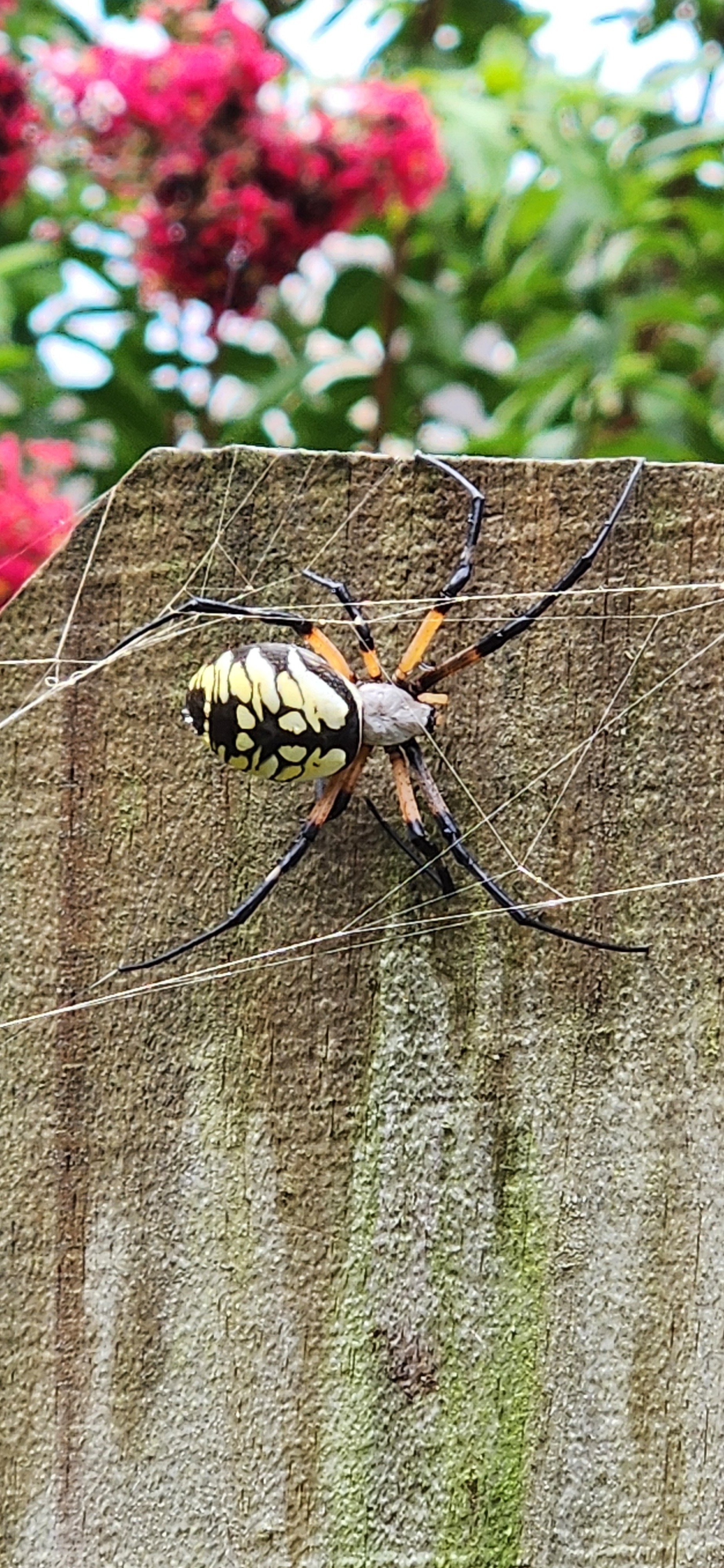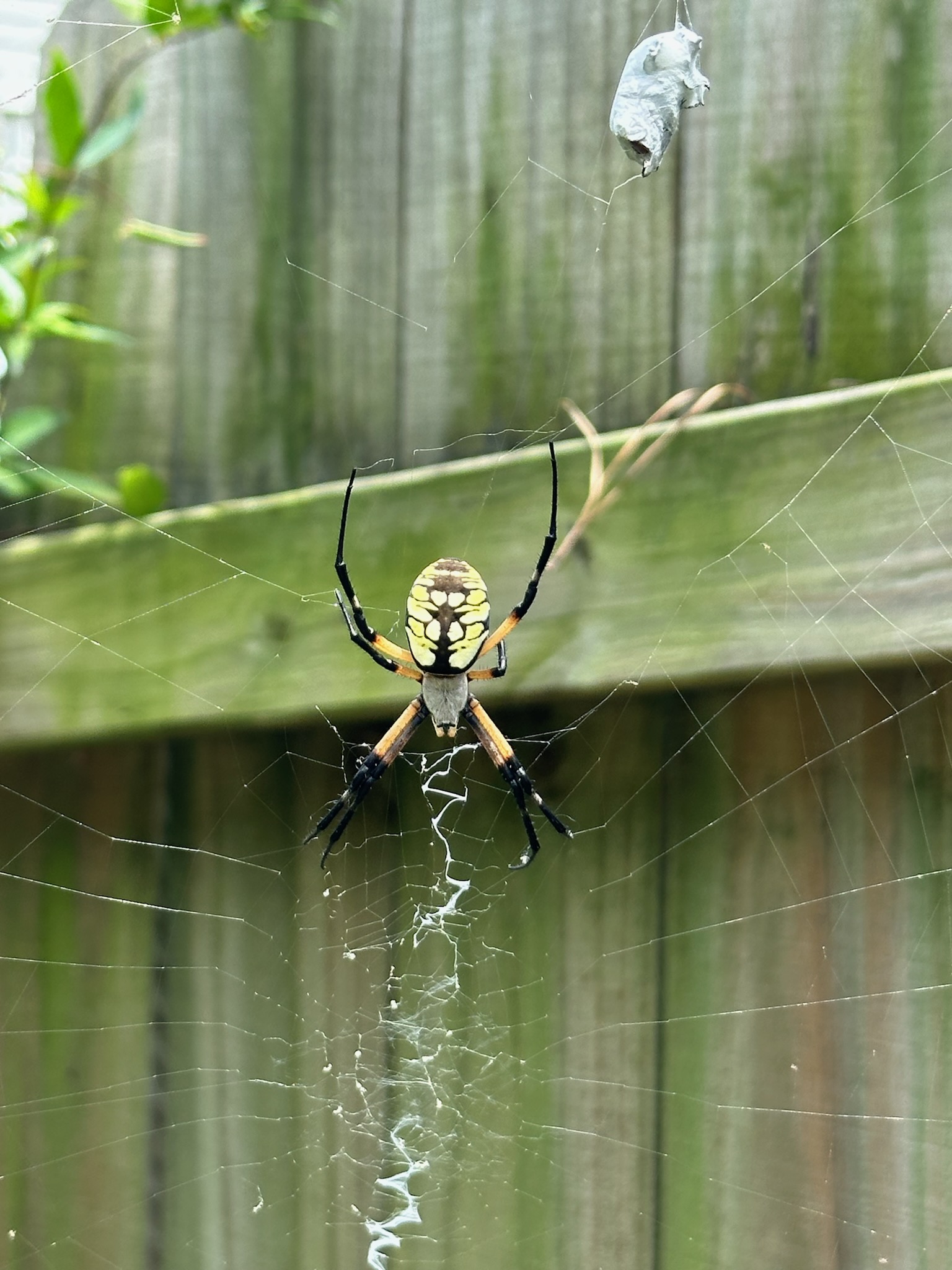

Been thru most of these. Lived with chronic pain. Wife and I lost our jobs this year within a few months of each other. Had someone credibly threaten to sue me for more than I could afford. Dealt with depression & suicidality. Worked from home with a gun on my desk because the cops wouldn’t do anything about my batshit insane neighbor.
The list of problems I have proven to myself I can survive grows longer every day. I have the contact info for a good psychiatrist, lawyer, and physical therapist. I know who my support network is, and exactly how far I can stretch a dollar. Yes, bad things happen now that are worse than when I was younger. But I am stronger and more in control of my life. Problems that would have broken me down when I was just starting out are things I can now handle without so much as elevating my heart rate.
And, there are new joys that have only become accessible to me through the benefit of experience! Fears I have conquered, hangups I have gotten over, people I have warmed up to.
Getting older doesn’t just suck. I think it just seems that way because people (on the internet at least) find it really easy and relatable to complain.









100 girlfriends